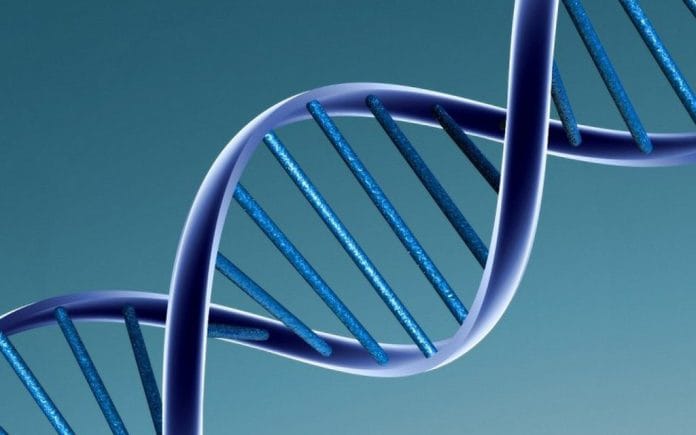New Delhi: A piece of the human gene that increases the risk of severe illness from the coronavirus was inherited from Neanderthals over 60,000 years ago, a new study has suggested. The gene in question is carried by 30 per cent of the South Asian population, but is almost completely absent in African people.
In a paper posted on bioRxiv that is yet to be peer-reviewed, scientists from Max Planck Institute for Evolutionary Anthropology in Germany showed that the string of DNA that puts people at increased risk of severe Covid-19 is the same version found in a Neanderthal who lived in Croatia some 50,000 years ago.
Neanderthals are an extinct species of ancient humans who lived in Eurasia until about 40,000 years ago.
“We can currently only speculate why the frequency is so high in South Asia,” Hugo Zeberg, a co-author of the study, told ThePrint over email.
Zeberg added that the gene variant may have been favourable for the survival of humans earlier, but at this point, it is not clear why it managed to survive 60,000 years.
Also read: Faulty gene linked to dementia doubles risk of severe Covid infection, finds new study
Three studies
Chromosomes are thread-like structures located inside the nucleus of cells. Each chromosome is made of protein and a single molecule of deoxyribonucleic acid (DNA). The DNA contains the specific instructions or genetic code that makes each individual unique.
Humans have 23 pairs of chromosomes. People normally have two copies of each chromosome.
In a recent study, researchers found a strong association between severe Covid-19 and two genomic regions: One region on chromosome 3 containing six genes, and one region on chromosome 9 that determines the ABO blood group.
Chromosome 3 spans almost 200 million base pairs or ‘letters’, and represents about 6.5 percent of the total DNA in cells. Researchers found that a unique combination of about 50,000 base pairs in chromosome 3 puts people at risk of severe Covid-19.
Then, a study of 3,199 hospitalised patients by the Covid-19 Host Genetics Initiative, a global consortium of scientists working in genetics, confirmed the association between this genetic string and increased risk for severe SARS-CoV-2 infection and hospitalisation.
The Max Planck Institute study followed, establishing the gene’s link to Neanderthals, and its team further used an online database to determine which populations are more likely to have it.
Also read: Stanford University develops gene-editing tool that can destroy Covid-19 inside human cells
Neanderthals genes in modern humans
According to some scientists, modern humans migrated out of Africa and interbred with Neanderthals in Eurasia some 200,000 years ago. Then 140,000 years later, Eurasians with Neanderthal ancestry migrated to Africa, interbreeding with the descendants of the humans who never left.
As a result, about 1-4 per cent of genomes of Eurasians, Native Americans, and North Africans derive from Neanderthals. About 20 per cent of the Neanderthals’ genes continue to survive today in humans.
The team determining the presence of the gene in modern populations found that while it is almost completely absent in Africa, it occurs in South Asia at a frequency of 30 per cent.
The highest frequency occurs in Bangladesh, where more than half the population (63 per cent) carries at least one copy of the Neanderthal risk variant, and 13 per cent have a similar variant of the gene segment.
About eight per cent of Europeans have this variant, while for mixed-race Americans, the variant is present in 4 per cent of the population.
The researchers conclude that the Neanderthal variant may thus be a substantial contributor to Covid-19 risk in certain populations.
“One should stress that at this point this is pure speculation,” Svante Paabo, another co-author of the Max Planck Institute study, told New York Times.
Also read: Indian scientists find Covid gene in wastewater — a breakthrough in tracking virus outbreak






